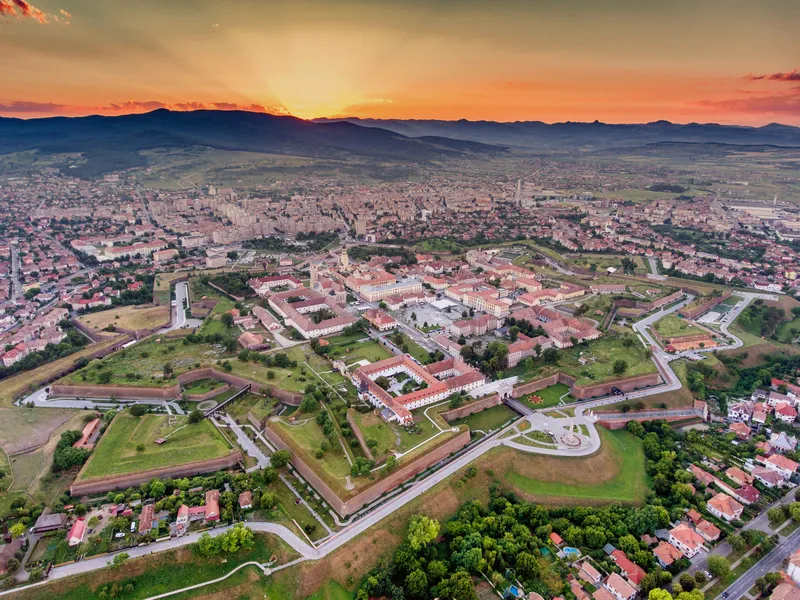Singapore’s growing cycle network delivers a safety plan.
By MJ Woof
March 13, 2020
Read time: 1 min

Singapore is expanding its network of cycling facilities. By 2030, the total network will measure 1,320km in length. The project to expand the cycling facilities is costing US$723 million and is called the Islandwide Cycling Network Programme.
The Transport Ministry aims to extend the current 440km of cycle lanes to 800km by 2023 and 1,000km by 2026. The plan is intended to boost mobility for those choosing to cycle, as well as to encourage healthy living.
Singapore is taking a series of steps to cut traffic congestion. The island city state has a high population density and the authorities are keen to reduce congestion as well as air pollution.








